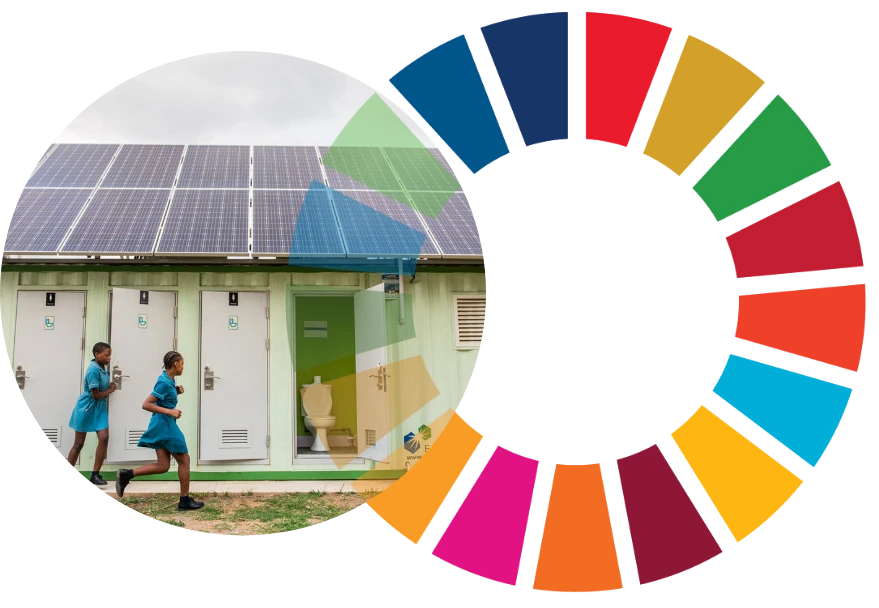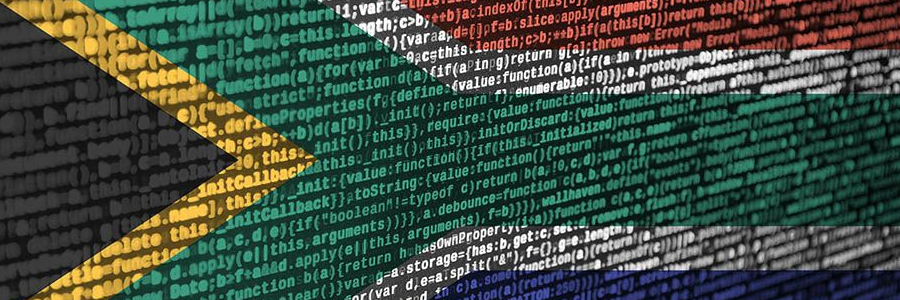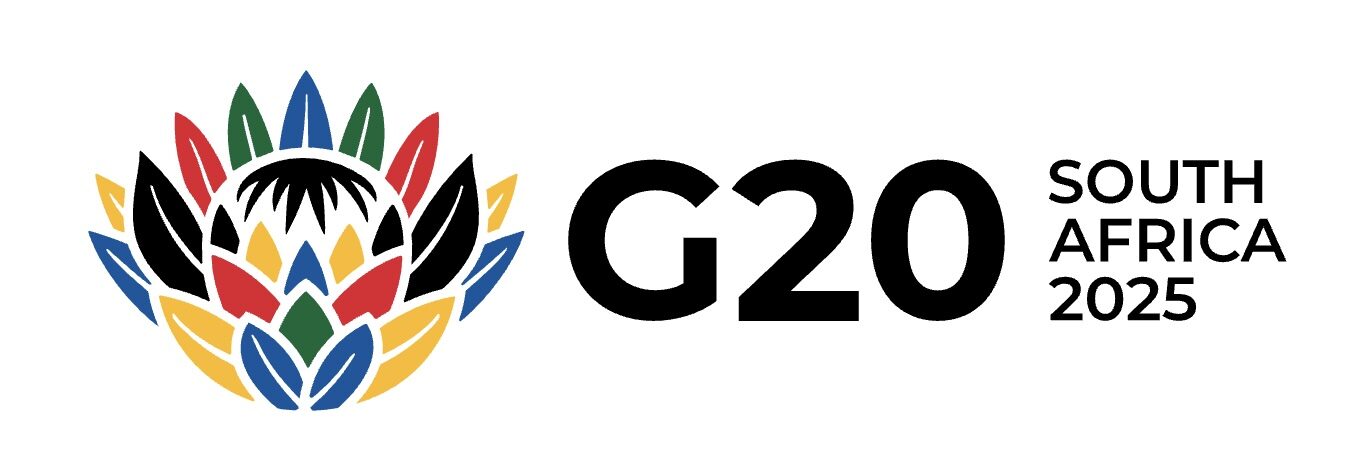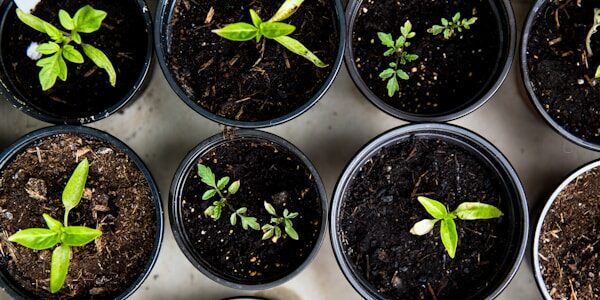Responsible AI tools for transformative policymaking in South Africa.
The Policy Innovation Lab at Stellenbosch University uses responsible AI to transform policymaking in South Africa and beyond. Through innovative research, actionable insights and capacity-building initiatives, we harness AI’s potential to address policymaking challenges and advance the Sustainable Development Goals.
Current
projects
The Policy Innovation Lab works with experts from universities in South Africa and globally, alongside non-academic partners, to advance responsible AI and transformative policymaking. Our work spans research, capacity building and other practically-oriented initiatives. Through these efforts, we aim to drive policy innovation and accelerate progress towards the Sustainable Development Goals in South Africa and beyond.







